The Inequalities in Nutrition & Healthy Ageing for Older African Adults project (www.bournemouth.ac.uk/african-food) is funded by the funded UKRI/BBSRC Food4Years. The aims were to use innovative methods to understand the nutrition landscape and to gain insights to co-create interventions to address inequalities in nutrition and healthy ageing for older African adults. A dissemination event was held on the 25th of March 2024, at Bournemouth University, to share findings from the project with participants, community members and stakeholders. There was also an exhibition of outputs from the Photovoice study showcasing participants photos around their thoughts and opinions on inequalities and healthy ageing in older African adults. The event featured a culturally-tailored dinner and a showcase of healthy produce including fruits, vegetables mostly consumed in African countries to highlight their value in contributing to healthy, balanced culturally-tailored diets.
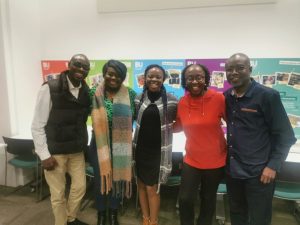
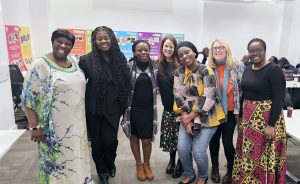
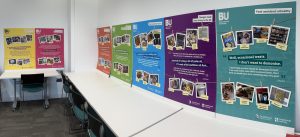
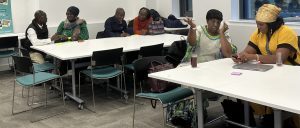
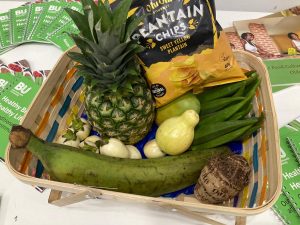
Project overview:
The United Kingdom is home to a diverse population, including a significant number of older African adults who often face unique challenges related to health and nutrition. Individuals from Black African communities within the UK often experience a complex nutrition landscape where they sometimes maintain their traditional diets, but also adapt to some key features of western diet and food culture, presenting a complex mix of nutrition and health outcomes. This project set out to explore the determinants of inequalities in nutrition and healthy ageing in Africans over 55 years living in the UK using Photovoice. Through rigorous research and extensive community engagement, our project has shed light on critical issues and paved the way for actionable solutions to promote healthy ageing in older adults from the African community.
The research used community-based participatory research methods including photography (Photovoice) and roundtable discussions to explore and identify factors that drive food choices & behaviour and nutritional needs as identified by the participants themselves. Collectively with key stakeholders, the research team identified solutions, recommendations and key research priority areas to promote nutrition and improve health outcomes for older Africans.
Key Insights:
1. Tradition: The need to pass on authentic traditional recipes to children and grandchildren is one particularly important determinant of food choice as food is often associated with one’s identity.
2. Nutritional Challenges: Many older African adults face barriers to accessing culturally appropriate and nutritious food options, leading to inadequate diets and increased risk of chronic diseases.
3. Socioeconomic Factors: Economic instability and social exclusion exacerbate health and nutrition inequalities, creating additional challenges for older African adults in the UK.
4. Health Awareness and Education: Limited access to health information and education exacerbates nutrition inequalities, leading to higher rates of diet-related diseases and poor health outcomes.
Actionable Recommendations:
Based on findings of this research and through stakeholder engagement, the following recommendations are given to address health and nutrition inequalities among older African adults in the UK:
1. Culturally-tailored Interventions: Develop culturally sensitive nutrition programs and healthcare services tailored to the needs of older African adults.
2. Food Accessibility Programs: Increase access to culturally appropriate and affordable food options through community gardens and farmers’ markets.
3. Nutrition Education Initiatives: Implement targeted nutrition education programs that prioritise cultural relevance, focusing on traditional foods, cooking methods, and dietary practices.
Outputs:
Photobook: https://photobook.onelink.me/QDvH/ephotobook?file=aJGrD
Looking Ahead:
We acknowledge that our work has only just started. It is a call to action—a rallying cry for continued collaboration, advocacy, and innovation. Together, we can develop innovative solutions that address health inequalities, improve quality of life and secure healthy ageing in individuals of African heritage in the UK.
Conclusion:
In conclusion, we extend our heartfelt gratitude to all who contributed to this project—funder, participants, research team and community members. Together we have laid the foundation for future research on healthy ageing. The conversations and actions aimed at driving change towards healthy ageing among Black African people living in the UK continue.
Project team:
Dr Sophia Amenyah – Lead researcher, Bournemouth University
Professor Jane Murphy – Professor of Nutrition, Bournemouth University
Professor Lee-Ann Fenge – Professor of Social Care, Bournemouth University
Dr Hibbah Osei-Kwasi – Lecturer, Loughborough University
Mrs Janet Adjei, Research assistant – Bournemouth University
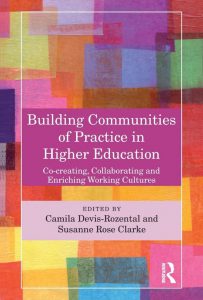

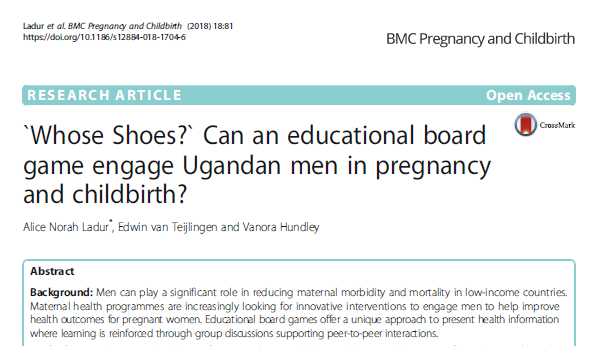


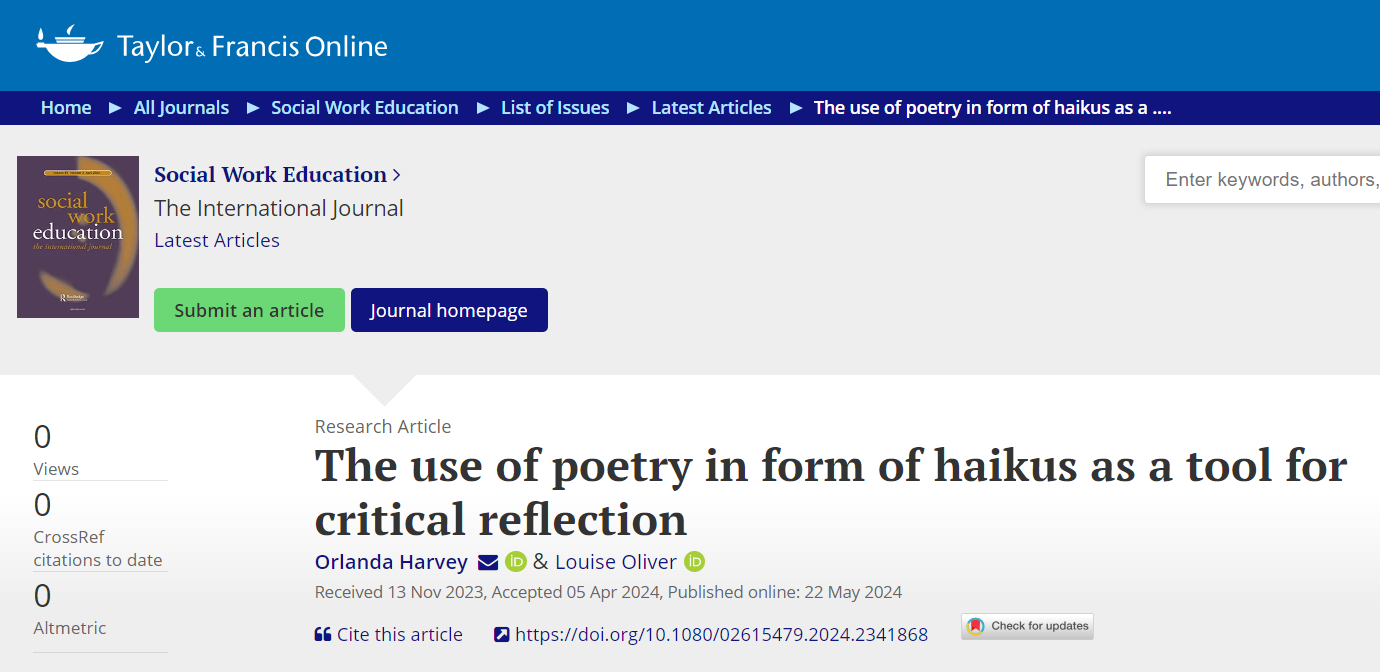

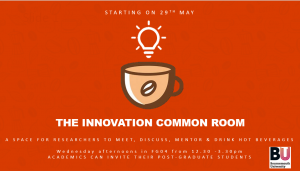

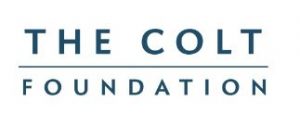
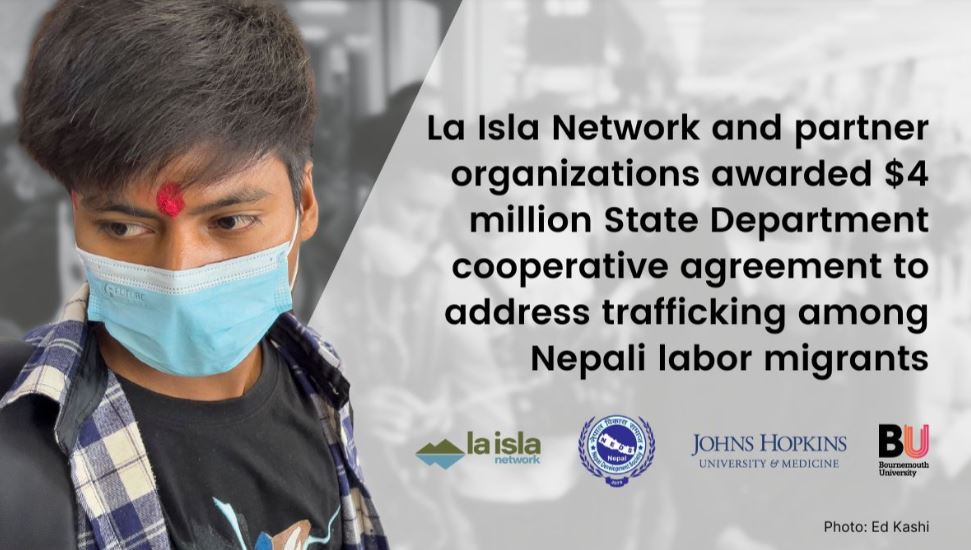

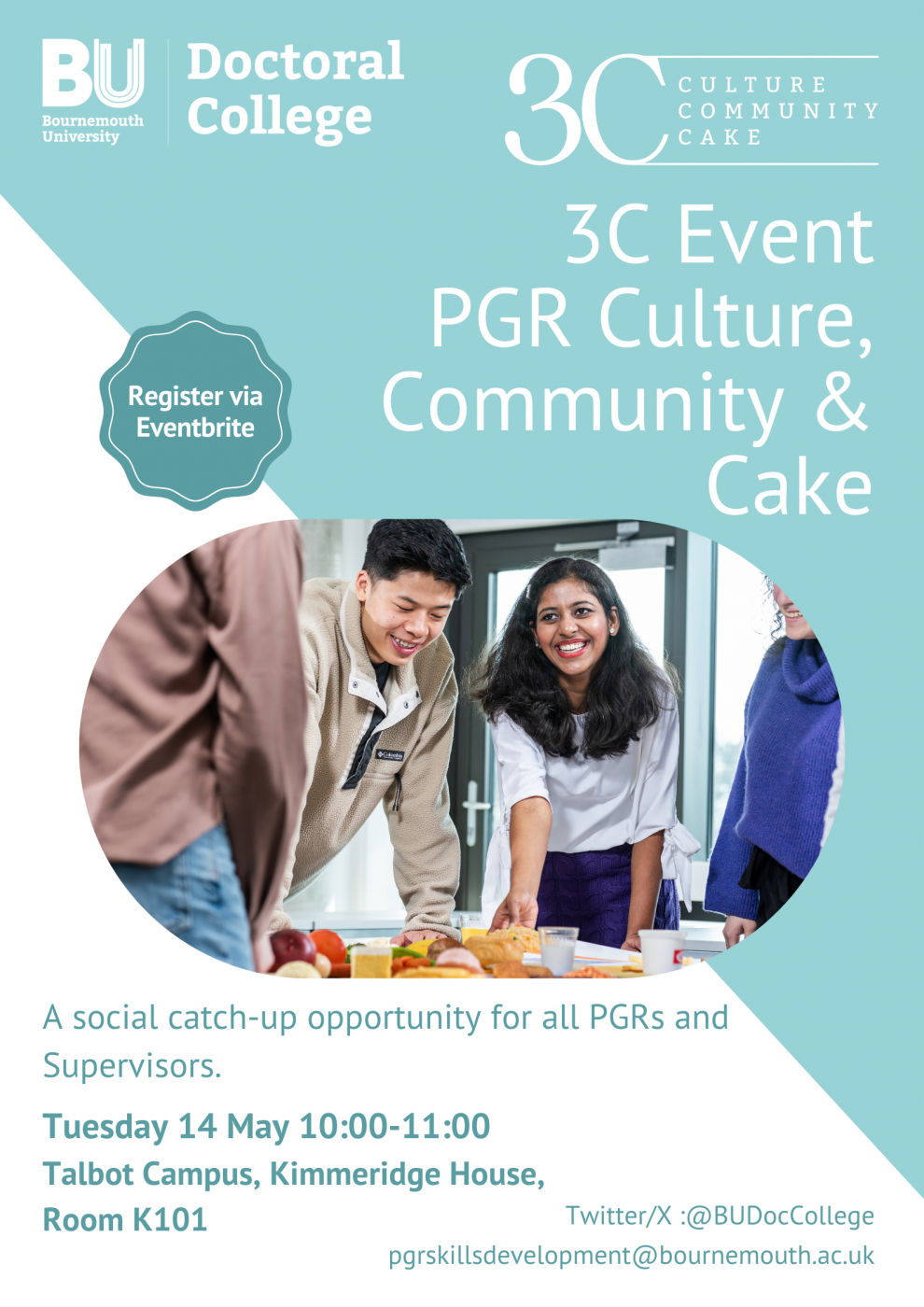

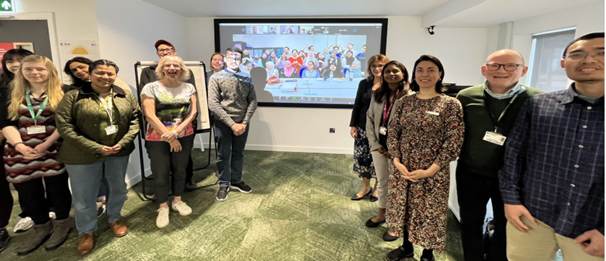

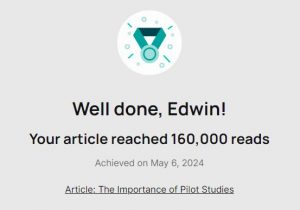

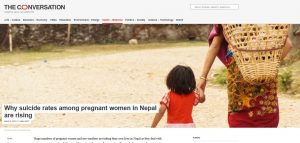


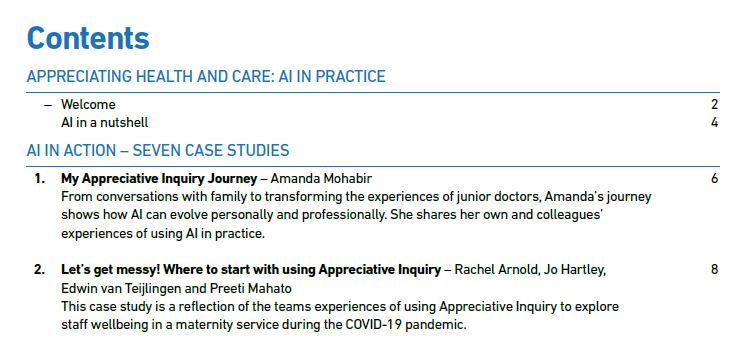

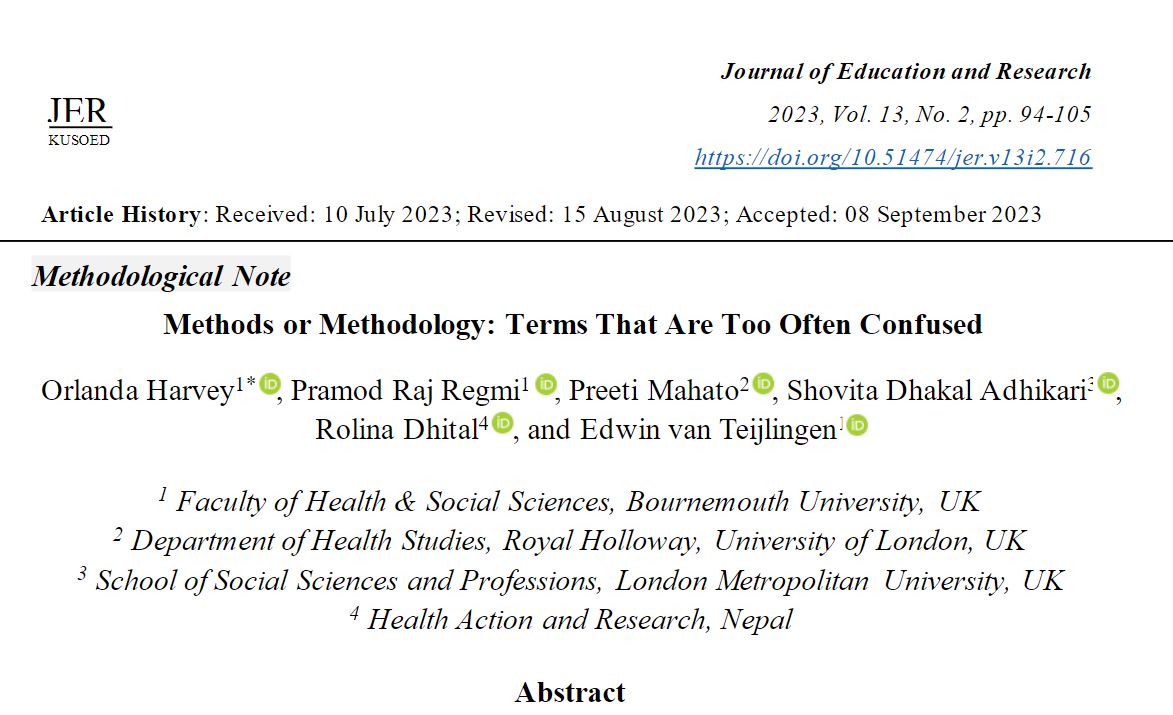
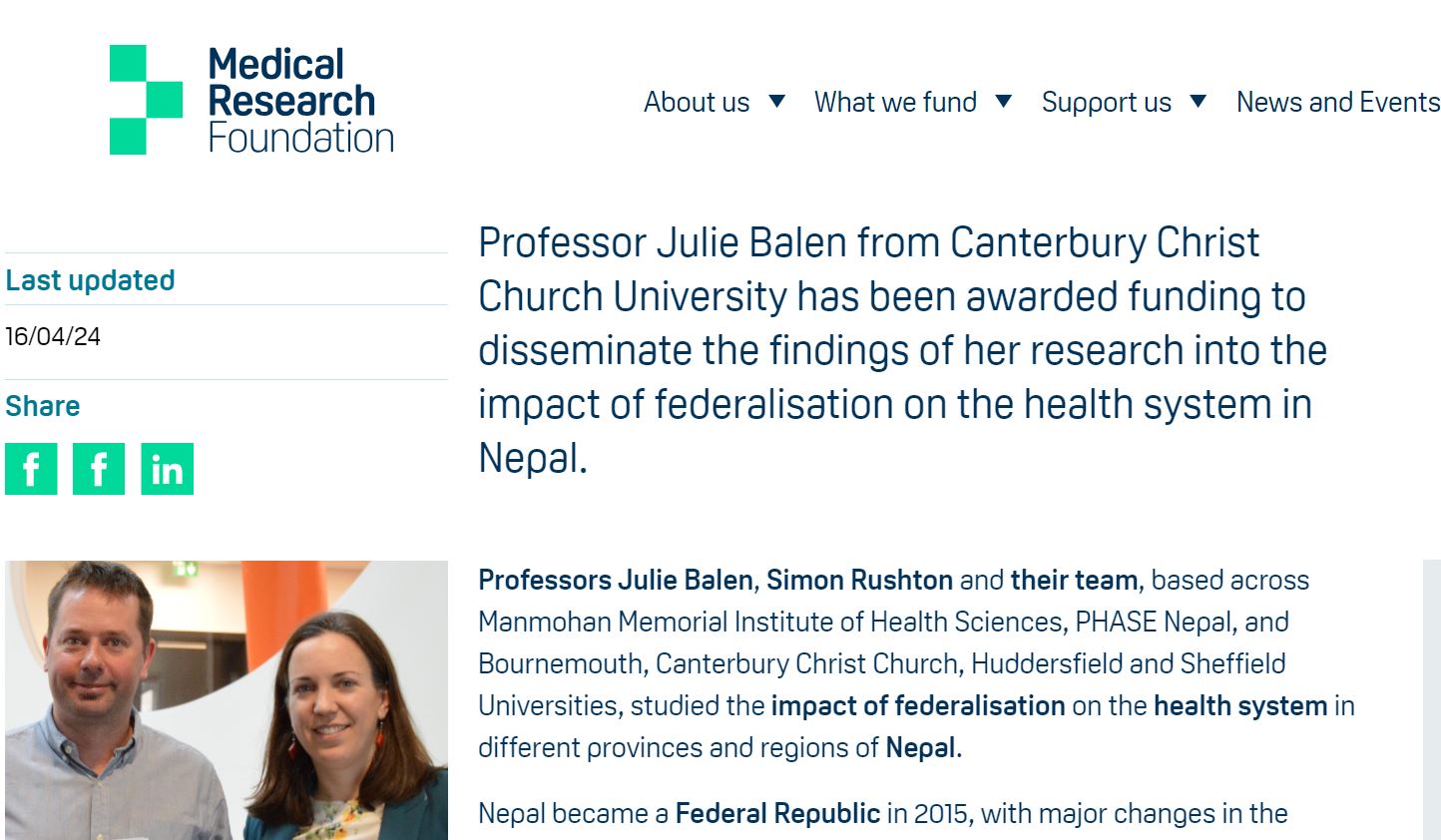
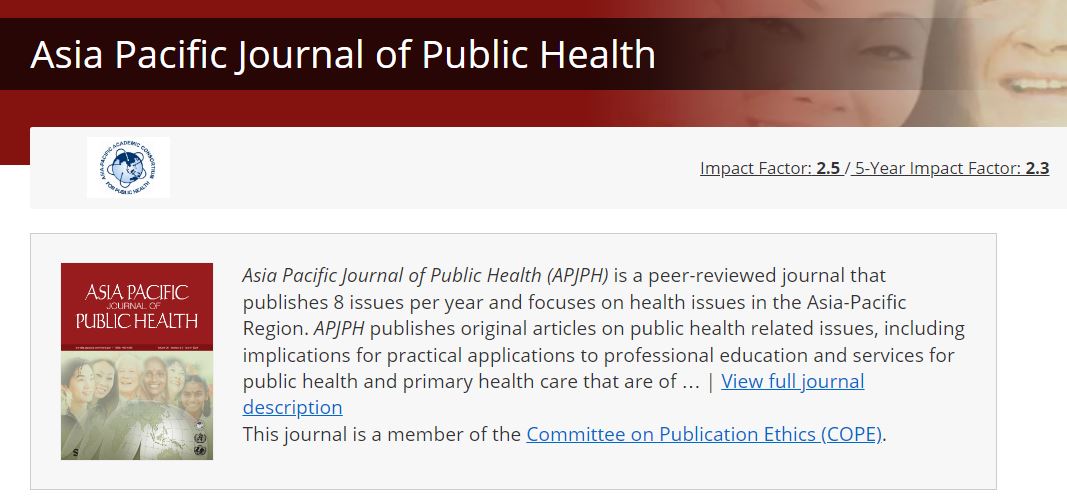





 series is a joint initiative of APU Ritsumeikan Asia Pacific University (Japan), t-FORUM The Tourism Intelligence Forum, NC State University and iCAPt International Center for Asia Pacific Tourism.
series is a joint initiative of APU Ritsumeikan Asia Pacific University (Japan), t-FORUM The Tourism Intelligence Forum, NC State University and iCAPt International Center for Asia Pacific Tourism.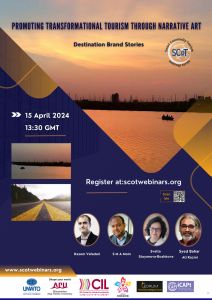
















 New weight change BU paper
New weight change BU paper One week to go! | The 16th Annual Postgraduate Research Conference
One week to go! | The 16th Annual Postgraduate Research Conference Geography and Environmental Studies academics – would you like to get more involved in preparing our next REF submission?
Geography and Environmental Studies academics – would you like to get more involved in preparing our next REF submission? Congratulations to three former BU staff
Congratulations to three former BU staff MSCA Staff Exchanges 2024 Call – internal deadline
MSCA Staff Exchanges 2024 Call – internal deadline Applications are now open for 2025 ESRC Postdoctoral Fellowships!
Applications are now open for 2025 ESRC Postdoctoral Fellowships! Horizon Europe – ERC CoG and MSCA SE webinars
Horizon Europe – ERC CoG and MSCA SE webinars MaGMap: Mass Grave Mapping
MaGMap: Mass Grave Mapping ERC grants – series of webinars
ERC grants – series of webinars